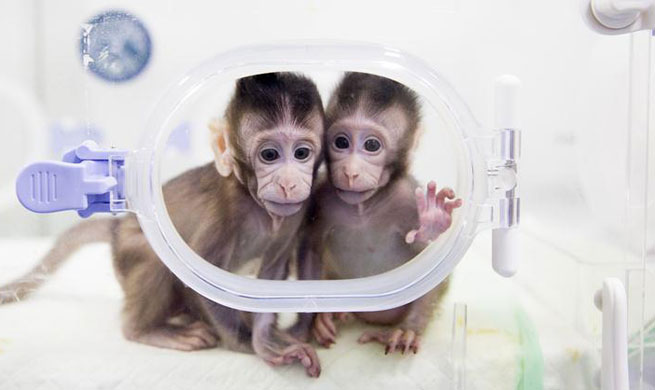by Justice Lee Adoboe
ACCRA, Jan. 25 (Xinhua) -- Leading policy think tank IMANI Ghana has given the government of Nana Addo Dankwa Akufo-Addo low marks in terms of job creation.
In a Manifesto Tracking report dubbed "Imanifesto," the think tank assessed the government's performance on job creation in its first year as "not encouraging."
The report received here on Thursday sought to assess the first year of the New Patriotic Party (NPP) government based on promises made in their 2016 Manifesto.
It graded the performance of government by assigning a percentage score.
"Despite the numerous promises targeted at creating massive employment, there is little evidence to suggest the actual number of jobs created in the first year," IMANI observed.
The analysis was undertaken along eight broad themes, namely Economy, Job creation, Agriculture, Governance, Education, Health, Energy and Infrastructure.
Although the report observed a fairly good performance in the agricultural sector given the successful implementation of a number of programs such as the Planting for Food and Jobs and the significant reduction in the prices of selected agricultural inputs, it said there was however a slow pace in implementing projects relating to irrigation and fisheries.
On governance, IMANI also observed that little progress was made on other anti-corruption measures or governance issues in the first year with the establishment of the Office of the Special Prosecutor to help combat corruption.
Furthermore, it observed that besides public sensitization carried out in 2017, little progress had been made on other anti-corruption measures.
The report however commended the government for its achievements in the economic sector, including an expansion in the economy, lowering inflation from 13.3 percent in January to 11.8 percent in December, as well as the marked reduction in the budget deficits and the debt to Gross Domestic Product (GDP) ratio.
Estimates for debt to GDP ratio (68.3 percent) indicates a return to sustainable levels - sustainable threshold for debt to GDP is 70 percent, while exchange rate was relatively stable with the Ghana Cedi depreciating at an average rate of four percent as at October, 2017 compared with 4.4 percent in the same period in 2016.
"Though inflation was generally on a downward trend, average lending rates remained high even with significant reduction in the Monetary Policy Rate," IMANI observed.
The policy rate was reduced by the central bank cumulatively by 550 basis points from 25.5 percent to 20 percent between January and November last year.
The think tank commended government for initiating steps to implement most of the 25 promises it had made during the 2016 campaign.
Among the policies implemented was the Free Senior High School (SHS) policy.
"The policy had implementation challenges in the form of infrastructure deficit, congestion, inadequate furniture, high preference for boarding status and raised questions concerning the sustainability of funding and quality assurance."
In an interview with Xinhua, Koku Anyidoho, Deputy General Secretary for opposition National Democratic Congress (NDC), observed that the report had painted a poor performance picture of government.
"What stood out in the report for me is that pointer that government has done a lot of talking more than a lot of work. If you look at the report, in governance, in education, health, security, a lot of talk has gone on promises.
"But in terms of measurable, in terms of tangibles, in terms of achievable, when you are doing the penetration achievement indices, obviously those indices are very low and the report states it very loudly that those indices government needs to watch it," Anyidoho stressed.

















